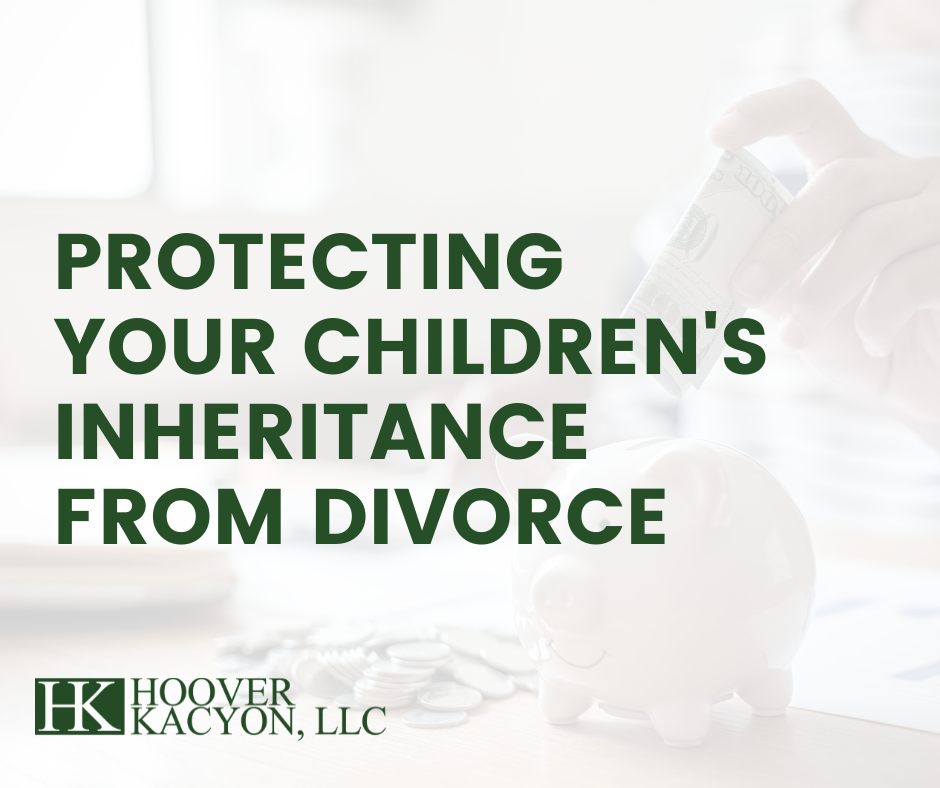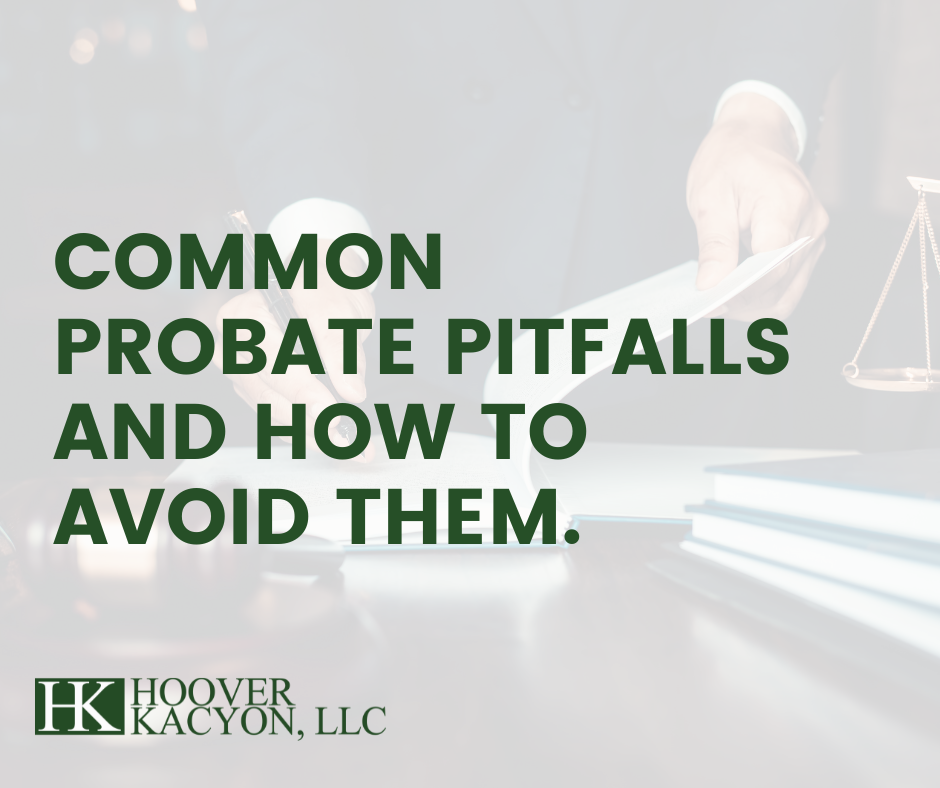As you celebrate this holiday season, imbibing in a little extra alcohol tends to follow suit. You should have fun and enjoy the festive times, but you could be in trouble if you aren’t careful. In a recent Christmas and New Year’s period, the U.S. Department of Transportation recorded 209 fatalities because of DUI-related accidents. Here are some tips on how to avoid a DUI during the holidays.
Plan Accordingly
Drinking often impairs judgment. If you prepare for instances where you will be consuming alcohol, you won’t get behind the wheel where your sobriety is questionable. Plan far enough ahead that you know who will be your designated driver and the potential timeline for the night. Should a designated driver not be possible (or reliable), have a different option like a taxi or an Uber. No one needs to miss out on any fun, but you’ll still ensure all members of the party get home safely and responsibly.
Know Limits
Your BAC level needs to remain under the legal limit. If you can, know how many drinks that equates to before you exceed your blood alcohol level. Some apps can help determine where you’re at, but they’re not foolproof. Always err on caution if you’re unsure whether or not you overindulged.
Be Responsible
If you haven’t eaten, get some food on your stomach before you pick up a drink. The food helpsslow the absorption of alcohol into your bloodstream. Eat before you go to any celebrations, and snack while you drink. Consider drinking water between alcoholic beverages as well since the alcohol dehydrates your system. While drinking games may be fun, they tend to lead to overconsumption, so perhaps stick to regular games so you can watch your alcohol intake a little more carefully.
If you need representation and someone to guide you through the DUI/OVI process to get the best possible outcome, contact the attorneys at Hoover Kacyon, LLC. The Akron and Cuyahoga Falls Hoover Kaycon, LLC Attorneys at Law are here to answer your questions.
We deliver the highest quality legal representation from a team of professionals while also providing excellent customer service. Call us at
330-922-4491
or
contact us online
to make an appointment.
Recent Posts









YOU MIGHT ALSO LIKE









